Here is the presentation I made at Fliptech Latam 2019 sharing my experience about innovation and how mindset has everything to do with it. The video is in Spanish with English subtitles. Below is the script with the slides.
Innovation in education is a mindset matter.
Hello. Thank you very much. I am very happy and honored to be here. Today, I want to tell you about my experience and how my concept of innovation has changed and its connection with mindset.

A few years ago, I came across the concept of the innovator’s mindset by George Couros in his book “The Innovator’s Mindset” where he proposes that innovation is not a skill but a whole mindset.
So, as soon as I stopped thinking that innovation equaled technology and the like, I found myself thinking about my own concept of innovation and how innovative I am in what I do.

Mr. Couros proposes eight characteristics, such as educators being reflective and resilient, they must connect with other educators, they must be members of educator networks, and they must be empathetic.

Mr. Couros also poses a question we all must ask ourselves in the classroom. The question is : if we were students in our own classes, would we want to be those students?
It makes all the sense to put ourselves in our own students’ shoes at the time of thinking in innovating, so that we consider which needs our students have and we can involve them into our decision-making processes.

So I decided to delve deeper into mindset, and I had the opportunity to meet Carol Dweck, (a professor at Stanford University) who argues that we all have two types of mindset: we have a fixed mindset and we have a growth mindset.

To exemplify our fixed mindset, it gets activated, for instance, when we don’t take criticism from others. It is also active when we don’t accept our mistakes and failures. “I want to be perfect.” “I can’t be wrong.” And it is also active, especially in academic contexts, when we feel threatened by the success of others.

So, a person with a fixed mindset says things like: “This is who I am. I’m sorry. That’s how it is and I can’t do anything about it”.

Growth mindset is the opposite. Growth-mindset people are open to accepting their mistakes. They see their failures as opportunities for growth, and get inspired when others, their colleagues, are successful.
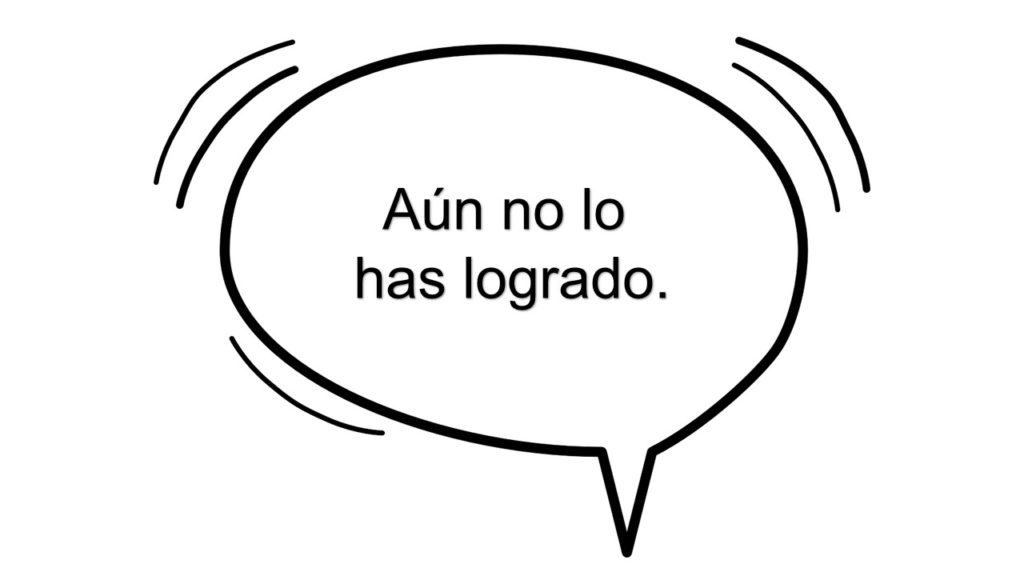
An educator with a growth mindset uses the phrase: “Not yet”. “You haven’t achieved that yet, but you will surely get there by using some strategies. You can do it”. Educators with such mindset focus on their students’ efforts and dedication rather than in outputs and the person, but in the process.
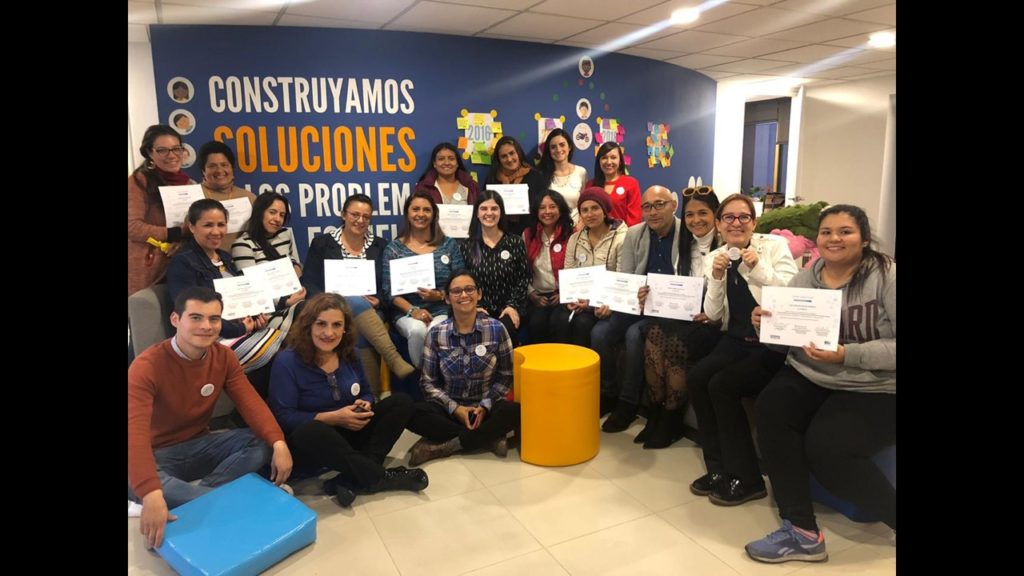
I remember I became so passionate about mindset that I decided to conduct research on the matter, along with a wonderful research team at Universidad de los Andes, and we focused on the impact of a growth mindset workshop in public school teachers. Right now, we are analyzing the data, so I’ll let you know about the results, which look very promising so far.
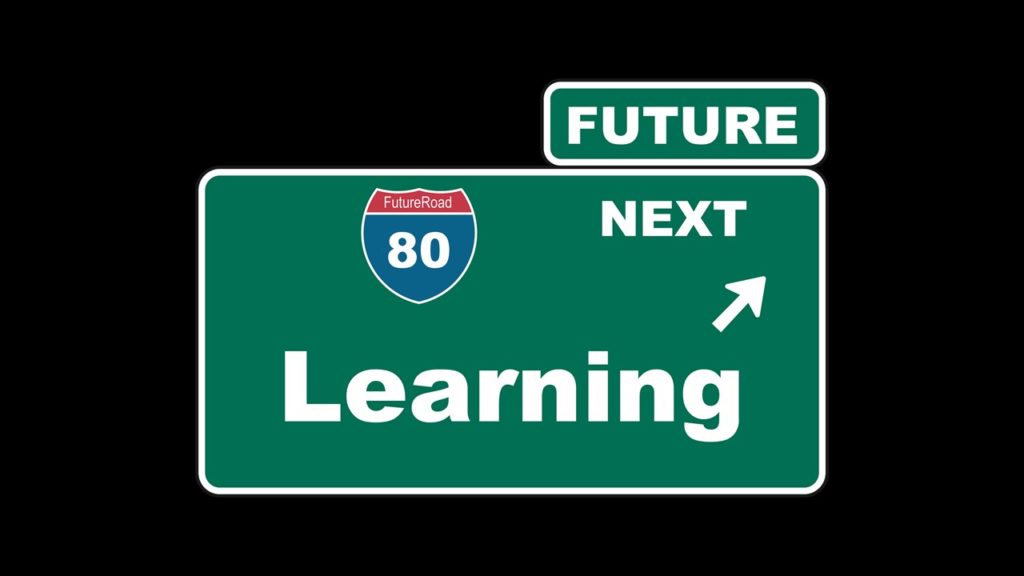
Today, I want to share with you some reflections that I have made in my process to connect innovation and mindset, which surely some of you have already had as well, and, in fact, I have heard some of those from others here too, but it’s important to openly discuss them.
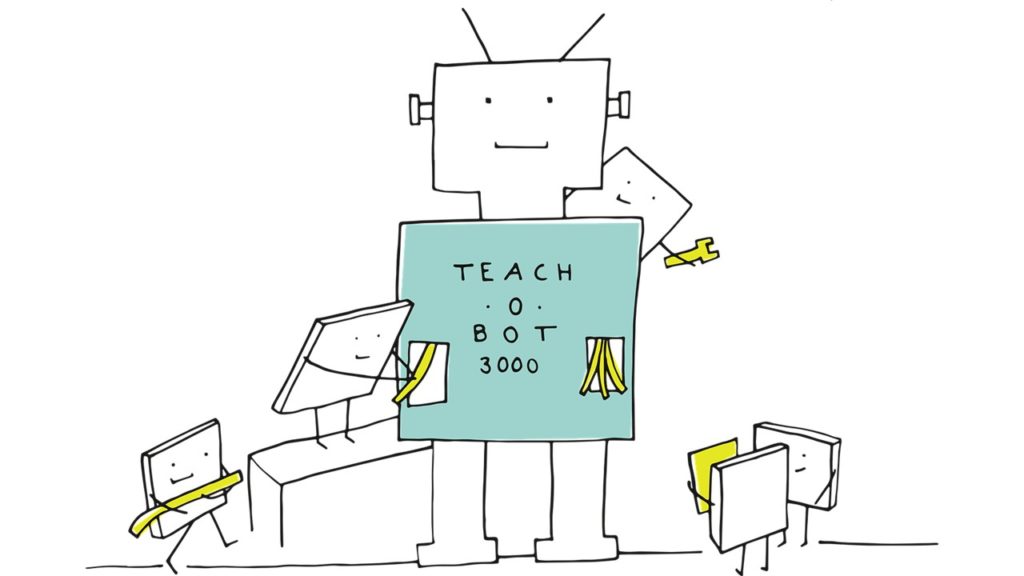
So, the first one is – and since we are talking about Flipped Learning in this event- contents are the least important matter. And it’s true: contents are the least important matter. Nowadays, we can easily be replaced by a YouTube video. So, the big question is: What am I bringing to my class? And the answer is: it is me. The person I am is what I actually bring to my class, my philosophy, my mindset, my beliefs, etc.
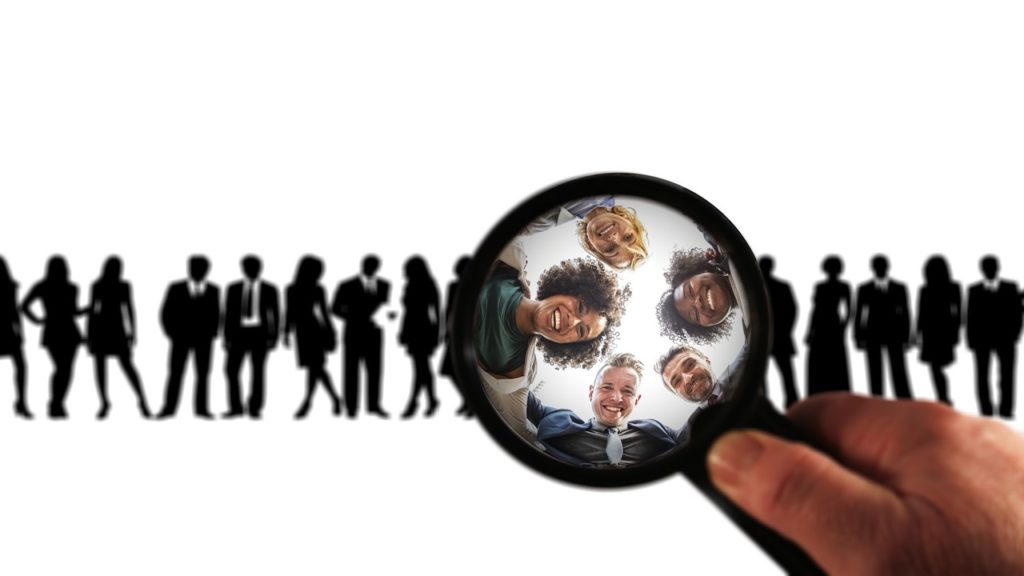
On the other hand, students must be at the core of the learning process rather than grades; rather than high school examinations, state exams or other final examinations. Students are the core; therefore, they should be the basis for our innovation decisions, as well as the basis for planning strategies to tackle what we note is not working properly.
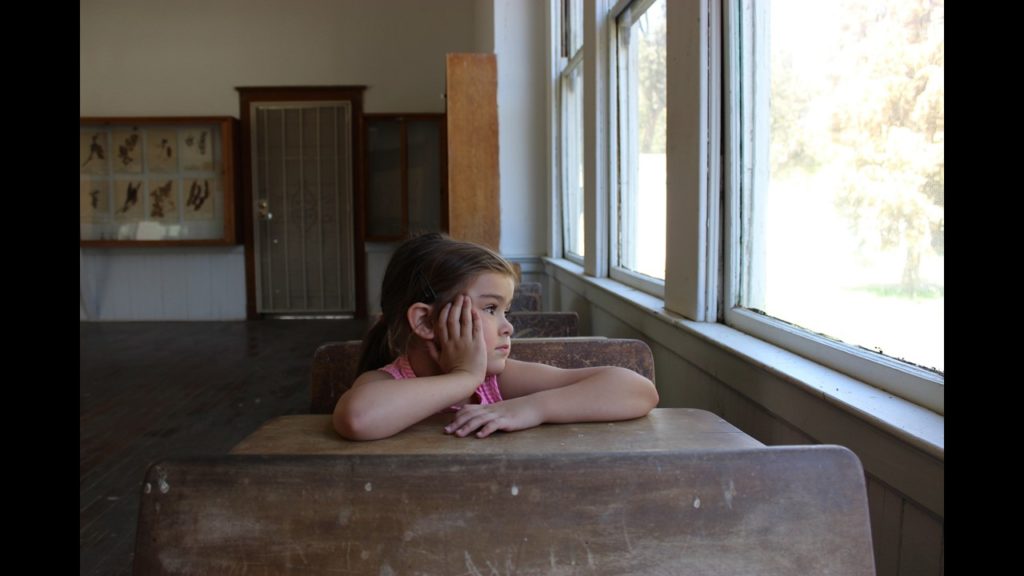
The thing is that, just like employees who quit their bosses, students quit their teachers. You can see students sitting in classes, but they may not really be there. And that happens because we just don’t connect; many times, we do not succeed in connecting with our students. We don’t understand their feelings and cannot see what is happening. Can we? And that is very common nowadays.

A whole lot of things are happening with our students, but, unfortunately, we tend to be lone wolves within the academy context. There are lots of lone wolves who don’t like sharing with others.
“I do what I have to do; I am successful”.
“Good for you, good for me. Awesome”.
But we have to stop being lone wolves; we have to create networks, we have to share, we need settings just like this one today, so that we can grow together and together aim for quality education.

And well, the academy sometimes seems like a fighting arena. Sometimes, it seems we are immersed in an academia where competition is the law, where points, publications, and degrees are the core. But it is people who really matter. What each one of us as teachers can share with others as part of the teaching and learning process itself is what matters.

We are also immersed in a ‘winner’ and ‘loser’ culture. Therefore, as part of a growth mindset, it is key to normalize errors. We have to, and I mean it, we have to teach our students to fail. We have to teach them that errors and mistakes are part of the learning process, and it is exactly that what allows a growth mindset to be part of our discourse.
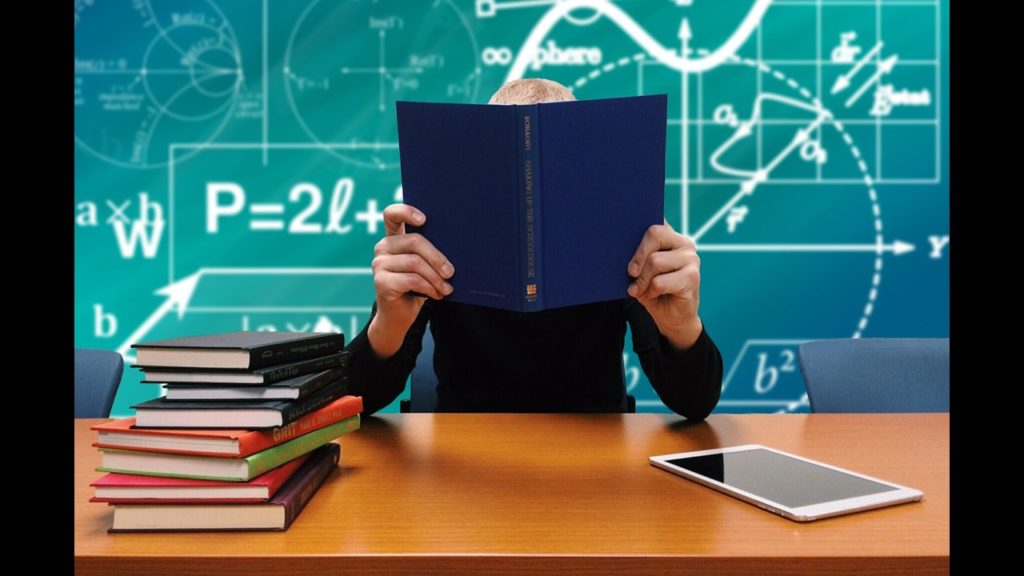
But, the truth is there are no formulas.I don’t know how to tell you to do it. There are no formulas. In fact, there are no formulas for education. Formulas are sold to us, but, in the end, we need to adapt them to our context. Every student, every teacher, every setting, and every moment is different. We then have to make decisions and adapt whatever it is being offered and sold to us to our particular context.
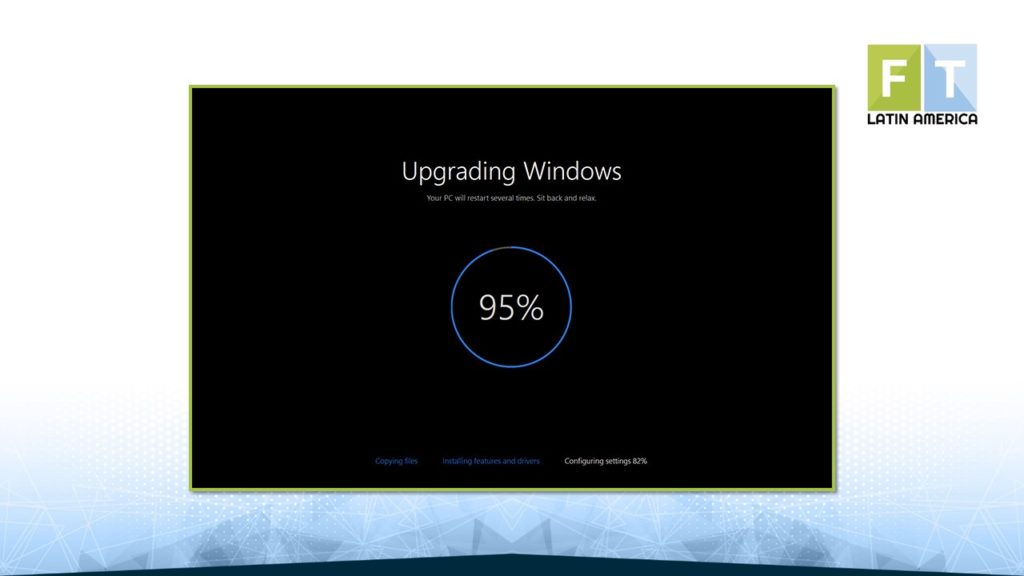
That is why it is very important to keep learning constantly. Isn’t it? Look for versions or seek to be better versions of ourselves all the time; therefore, events just like this, or settings for reflection like this, are so important. It is here where we start and continue learning; we keep connecting ourselves with our growth mindset.

Finally, innovation is not the tools we use; or the methods or the formulas, and/or technology. Innovation is the people behind all of these things. We are innovation. Innovation starts with us. Our starting point is our mindset when it comes to innovating.
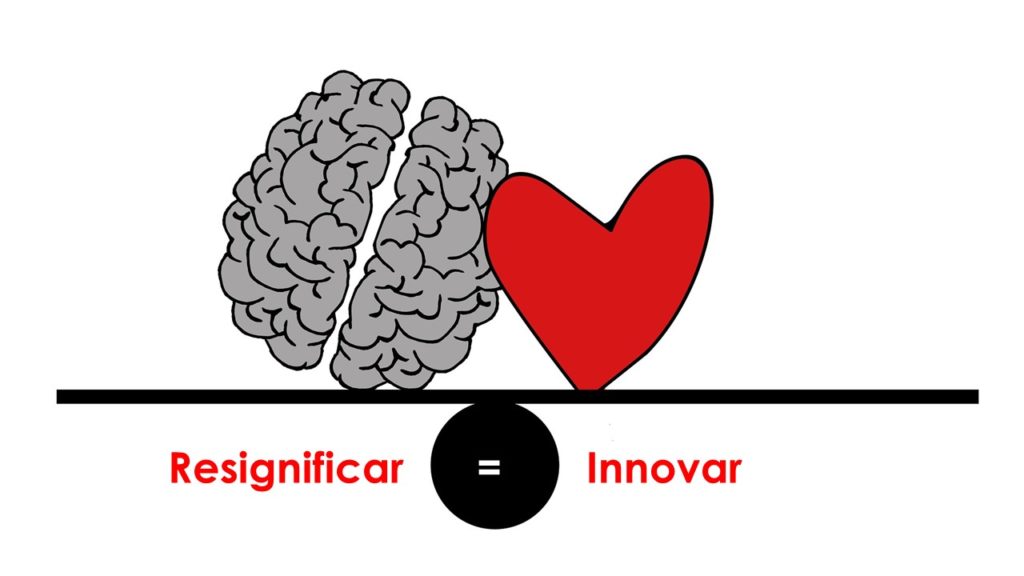
And, here we are today reflecting on resignifying education. And resignifying is a way to innovate. So, I want to invite you to… during this event and, hopefully, from now on to continue resignifying our understanding of innovation, education, quality, and, overall, the human factor, which is so important.
Thank you very much!
Credits:
Thanks to Kate Baker @KtBkr4 for recording and sharing!
Thanks to John Oyuela for translating the video!
All images have been taken from Pixabay.